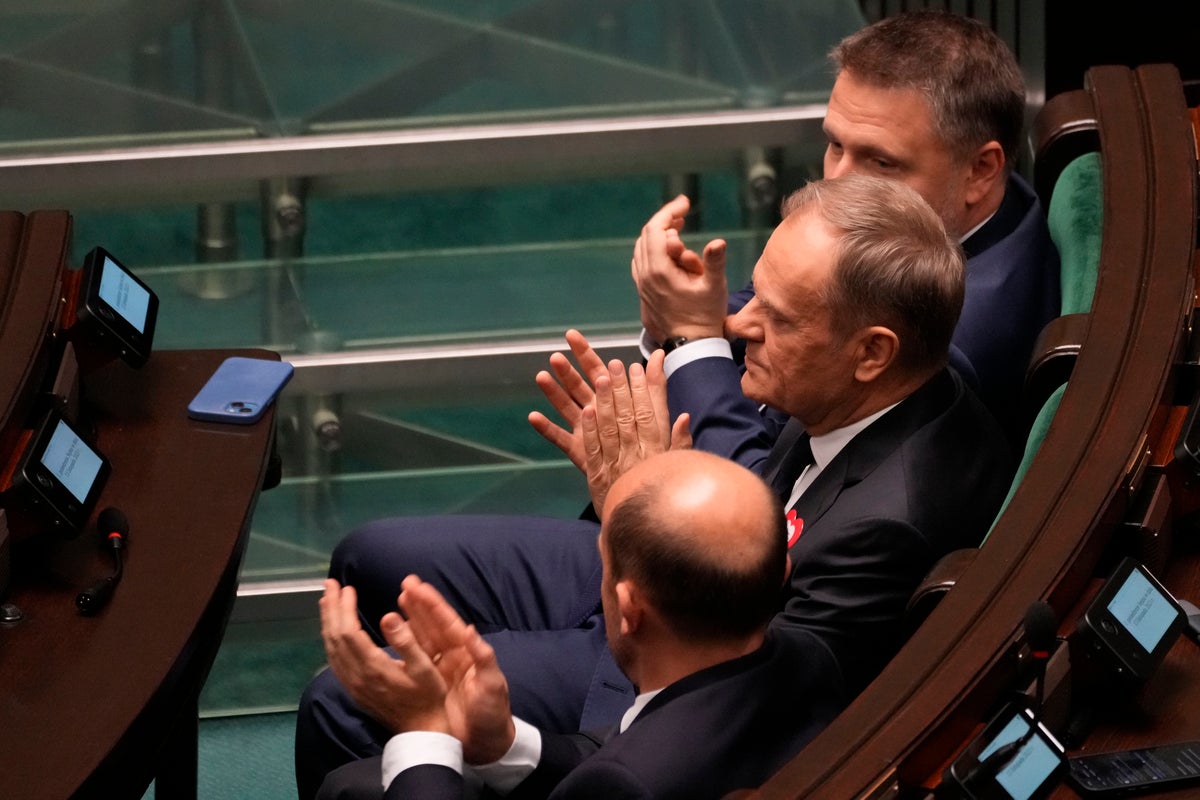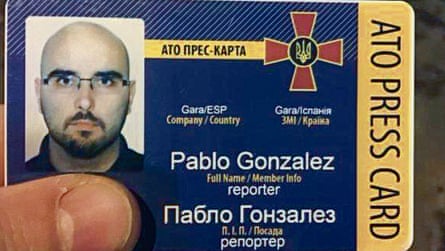Poland’s new parliament debates reversing a ban on government funding for in vitro fertilization

For free real time breaking news alerts sent straight to your inbox sign up to our breaking news emails
Sign up to our free breaking news emails
Poland’s new parliament on Wednesday began debating the reinstatement of government funding for in vitro fertilization as its first legislation following elections in which the conservative party that had banned it lost control of the legislature.
Members of the new centrist majority said it was symbolic to begin their term with work on ending one of the bans introduced by the outgoing right-wing government.
“The reinstatement of IVF funding is the first decision of the democratic majority,” said one of its lawmakers, Agnieszka Pomaska.
The date of the final vote on the program, estimated at some 500 million zlotys ($125 million) a year, was not immediately known.
The lawmakers stressed that thousands of childless couples in the shrinking nation of some 38 million people were waiting for the return of government support for IVF. State funding was introduced in 2013 by a liberal government led by Donald Tusk, but the conservative government banned it in 2016 in one of its first moves, saying the procedure involved destroying human embryos.
Some 22,000 children were born during the program’s existence, according to Health Ministry figures. More than 100,000 children have been born since the IVF procedure was first performed in Poland in 1987.
A citizens’ proposal seeking to reinstate government funding was put on hold by the ruling Law and Justice party earlier this year. Many Law and Justice lawmakers left the chamber during Wednesday’s discussion to demonstrate displeasure.
However, an aide to President Andrzej Duda, who is an ally of Law and Justice, said Duda likely won’t use his veto power against the reinstatement of state funding for IVF.
A coalition of pro-European Union parties won a majority of seats in last month’s general election and has embarked on reversing some of the laws they see as restrictive. A new coalition government led by Tusk is expected to be in place in mid-December, but Duda gave Law and Justice the first shot at forming the Cabinet.





